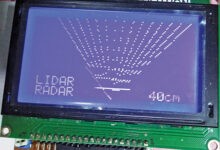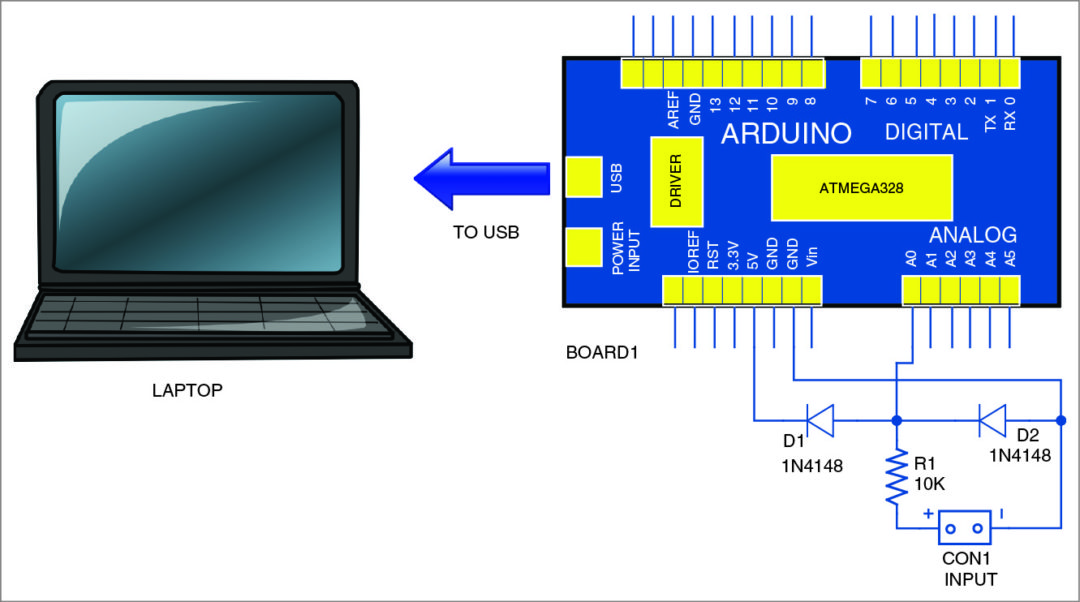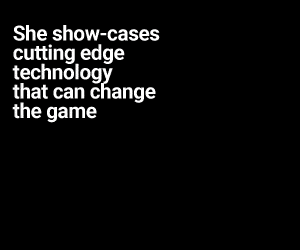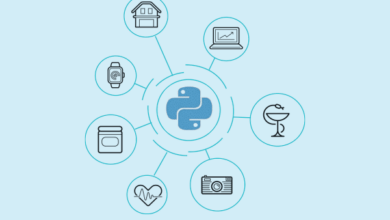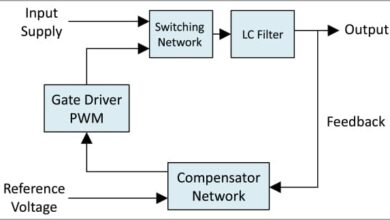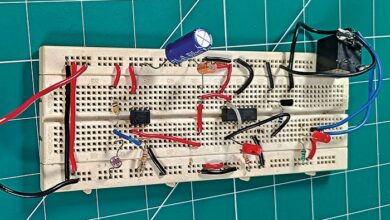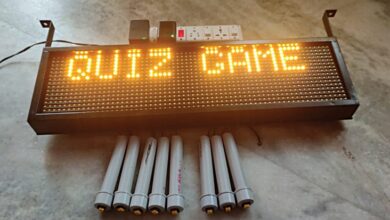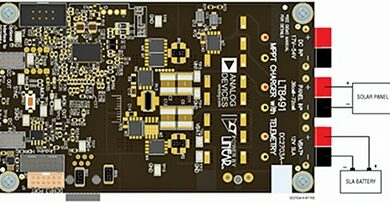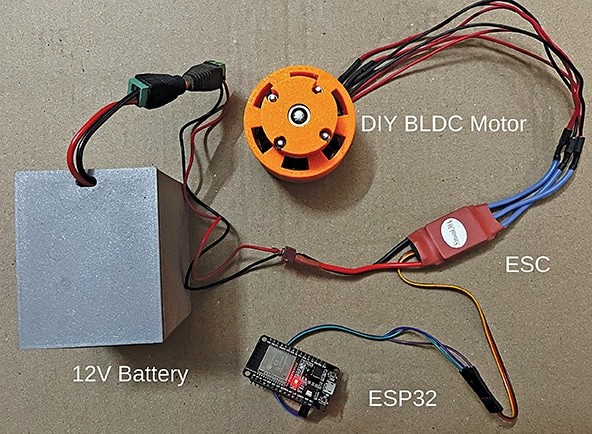

Integrating wi-fi management into brushless direct present (BLDC) motor methods opens up thrilling potentialities for functions equivalent to remote-controlled automobiles, robots, and different revolutionary methods. BLDC motors are generally operated utilizing a driver or a remote-controlled controller paired with an digital pace controller (ESC). Including Wi-Fi connectivity to allow management through a laptop computer or private laptop additional enhances their versatility.
This motor system utilises a BLDC motor, an ESC, and an ESP32 to allow wi-fi operation. Invoice of Supplies desk lists the required parts, whereas the writer’s prototype of the BLDC motor controller is depicted in Fig. 1.

An ESC is significant in working BLDC motors. It regulates the motor’s pace, route, and total efficiency by controlling the ability delivered to the windings.
The 3S 12V battery powers the BLDC motor and different parts, making certain environment friendly system operation. Its steady output makes it appropriate for driving ESCs and sustaining constant energy for the ESP32 module. Fig. 2 reveals an digital pace controller.
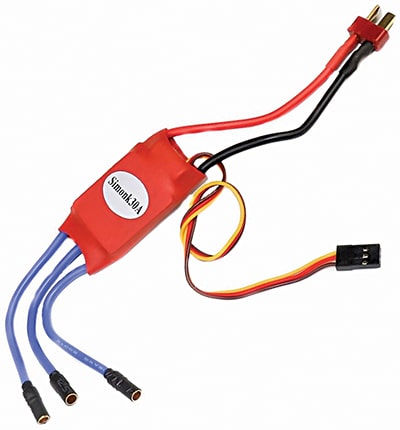
| Invoice of Supplies | ||
| Parts | Amount | Description |
| ESC controller | 1 | 30A Simonk ESC controller |
| NodeMCU ESP32 (MOD1) | 1 | ESP32 improvement package |
| Battery | 1 | 3S 12V battery |
| Jumper | 2 | Feminine to male jumper |
Working precept
The ESC manages the timing and period of present circulation by way of the stator windings, successfully controlling the rotor’s rotation. It operates on ideas equivalent to pulse width modulation (PWM), section sequence, sensorless management, and sensor-based management.
The ESC makes use of PWM indicators to manage transistors, managing voltage and present delivered to every section. It simulates a rotating magnetic subject by quickly switching phases on and off.
The ESC energises windings in a particular sequence (A, B, C) to create steady rotation. Because the rotor strikes, the ESC adjusts which windings to energise primarily based on sensor suggestions or again electromotive power (EMF).
Many ESCs utilise sensorless controllers that estimate rotor place from again EMF generated throughout motor operation, simplifying designs and lowering prices. In some functions, sensor-based controllers (like Corridor impact sensors or encoders) present exact suggestions on rotor place, enabling correct management.
ESP32 for BLDC motor
Controlling a BLDC motor with an ESP32 in entry level (AP) mode gives a versatile wi-fi resolution for pace management in robotics, drones, or automated methods. The ESP32 creates its personal Wi-Fi community, enabling direct connection from any internet browser-equipped machine, equivalent to a smartphone or laptop computer, with out an exterior router or web connection. Fig. 3 reveals an ESP32 module.
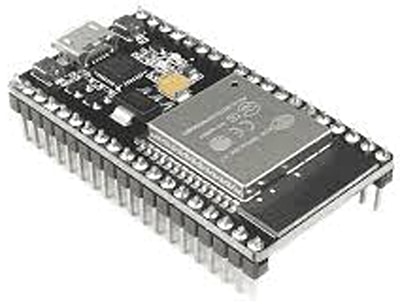
The ESP32 serves as a controller and internet server, producing PWM indicators through its general-purpose enter/output (GPIO) pins to manage the motor’s pace by way of the ESC. A primary internet interface hosted on the ESP32 incorporates a slider to regulate the PWM responsibility cycle.
The net web page permits customers to regulate motor pace in actual time by modifying the slider worth, which immediately influences the PWM sign despatched to the ESC. The PWM sign regulates the ability provided to the motor, making certain easy and exact pace management. The AP mode eliminates the necessity for added community infrastructure. This setup is well programmable utilizing the Arduino built-in improvement setting (IDE), with simple code to handle the Wi-Fi community and management the motor through PWM indicators.
Circuit and dealing
Please register to view this text or log in beneath. Tip: Please subscribe to EFY Prime to learn the Prime articles.

